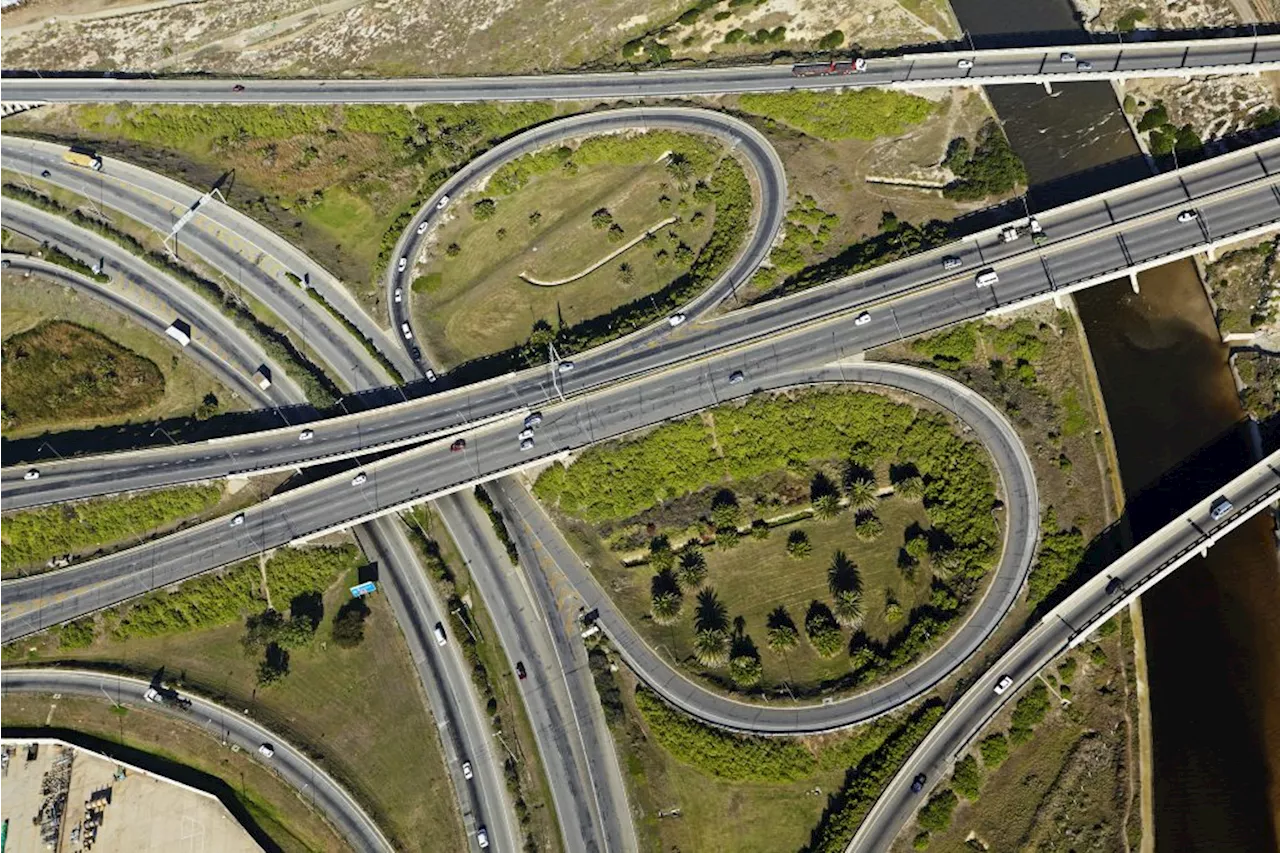A major part of fixing the country is about completing significant projects: roads, bridges, power stations and so on. These tasks are overseen by Rudi Dicks, head of project management in The Presidency.
Download the free LiSTN audio app on Google Play, Apple or here.
Rudi Dicks, a very warm welcome to you and thank you for agreeing to do this. As I’ve just mentioned in my introduction, you sit in a unique position on the biggest possible scale and you deal with big projects. What do you think needs fixing?Quite a bit needs fixing. We need to be frank and honest. RUDI DICKS: Jeremy, there is a history to this and I think that what we’ve seen during the state capture years is a complete decimation, and I’ve seen this myself.
The mindset has to be about citizens. It has to be about how best we can deliver on services, how best we can get economical, how best we can support poor people. JEREMY MAGGS: You raised two issues. One is a negative and one is a positive. I want to put to you, first of all, you talked about in the recent past ‘us falling off our game’.
But that’s not the only story because I think what’s critical is if one looks at the level of government.
JEREMY MAGGS: You talk about the fact, Rudi Dicks, that we are starting to see change happen, whereas the pull-through is very slow. We are not seeing evidence of that in terms of job creation, in terms of economic growth and general investor confidence. It is us actually working through those issues, those three things as the core things, just the logistics and crime. We have to make sure that we measure our deliverables and ensure that the impacts are felt much quicker.
RUDI DICKS: I think it’s largely a trust issue.
I’ve spoken to business leaders and I’ve spoken to colleagues within government, and I think the uniqueness of that partnership that specifically focuses on key deliverables is something that can enhance that trust and can say to society broadly: ‘We can work together’. There’s a common interest of ensuring that we end our electricity insecurity. There’s a common interest to ensure that we improve efficiencies of port and rail. That’s important.
JEREMY MAGGS: All right, let’s talk about that cascading to smaller business in just a moment. But would you concede business’s frustration sometimes that government moves too slowly? The implications are quite amazing – to see the level of investment, prices being brought down, efficiency in the system for digital and tech.JEREMY MAGGS: But we’re not, and part of your job, Rudi Dicks, is unblocking regulatory challenges that exist – in order to achieve that speed and efficiency that you refer to. What is your unit doing in order to expedite that?
And similarly I think we want to ensure that that happens elsewhere. The president announced in 2022 also the setting up of the Red Tape Unit and of course Sipho Nkosi was heading that. RUDI DICKS: I agree with you. I think there’s a significant perception out there among many South Africans not seeing that, and we need to make sure that the messaging gets out.
JEREMY MAGGS: You’re absolutely right in saying the real problems often are at local and provincial level – and again that’s something that your office has very little control over. We are talking with provinces, we’re talking with metros, we’re having a lot of support from different partners out there, but you can’t simply say, ‘We don’t have the power over municipalities and provinces’ and fold our hands. We have to find mechanisms to support them, to deal with those permitting and authorisations that increase inefficiencies.
But I think the frustration is that we need to move much faster, much more efficiently. We need to ask for help. That’s the one thing that’s kind of faced every day. That’s my job, right, every single day saying that why can’t we make decisions and implement them as quickly as possible? We have to professionalise and ensure that as public servants we play the role of delivery and implementation, that we deliver the services to all the people, that we create opportunities for business and small businesses; that we see growth.I would not want to sit in a quiet society where people all say to you, ‘Wonderful job, wonderful job, keep it up’. We want to hear the noise. It’s what makes us. It’s makes us then slightly sharper at the edge on how we need to deliver.
Similarly for Transnet. Transnet has this thing that ‘Once you are rail person, you are a rail person for life’. Ports also. The private sector pitched in and said ‘How do we help to remove that blockage in record time?’ By Wednesday evening the one line was accessible and by the next day both lines were accessible.
JEREMY MAGGS: I want to come back to a point you raised a little earlier about the importance of small and medium businesses. You rightly say that you’ve got the big chief executive officers. If they don’t always agree with you, they are at least talking and sitting in the same room. But that’s not happening with smaller businesses, which are often described as the engine or the turbine of the South African economy.
The big focus right now for them is energy, energy insecurity. They don’t have money to buy big generators. Some of them have, of course, systems to support ; investments in the rooftop bounce-back scheme is one of them, and there are other incentives that are provided too. Anyone that runs, for example, and has three or four people, that runs a parlour – as soon as the electricity is gone your money’s gone. You are not able to take in customers.
